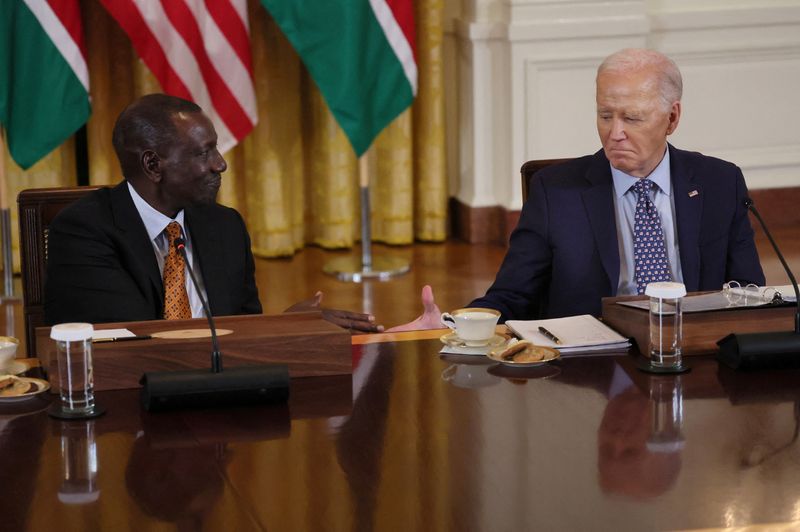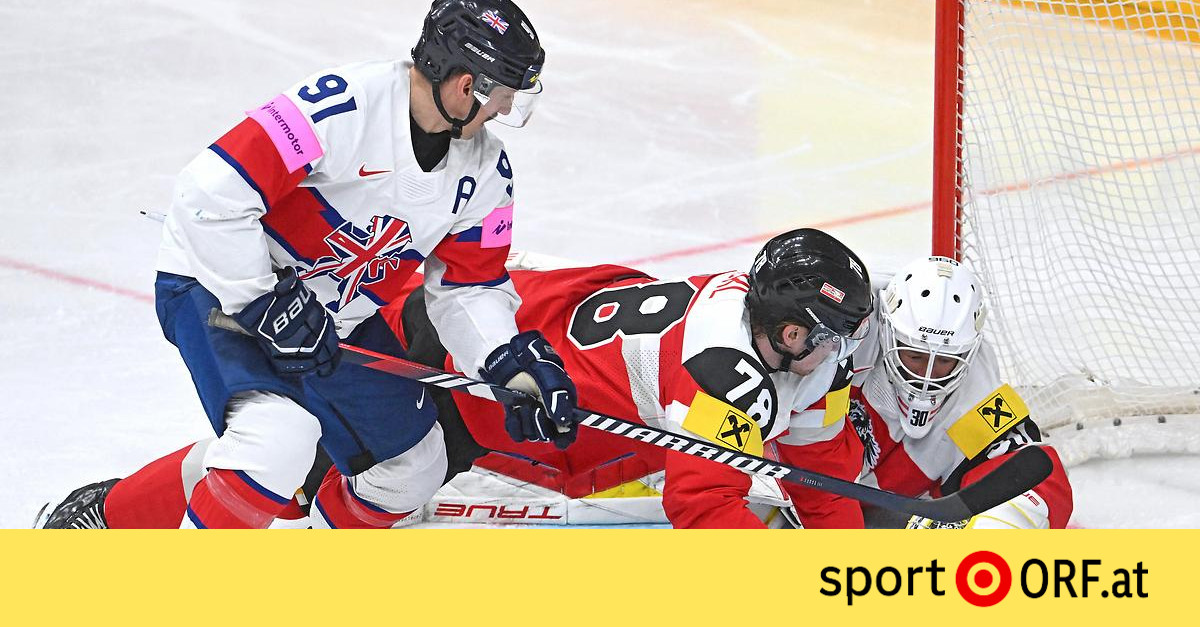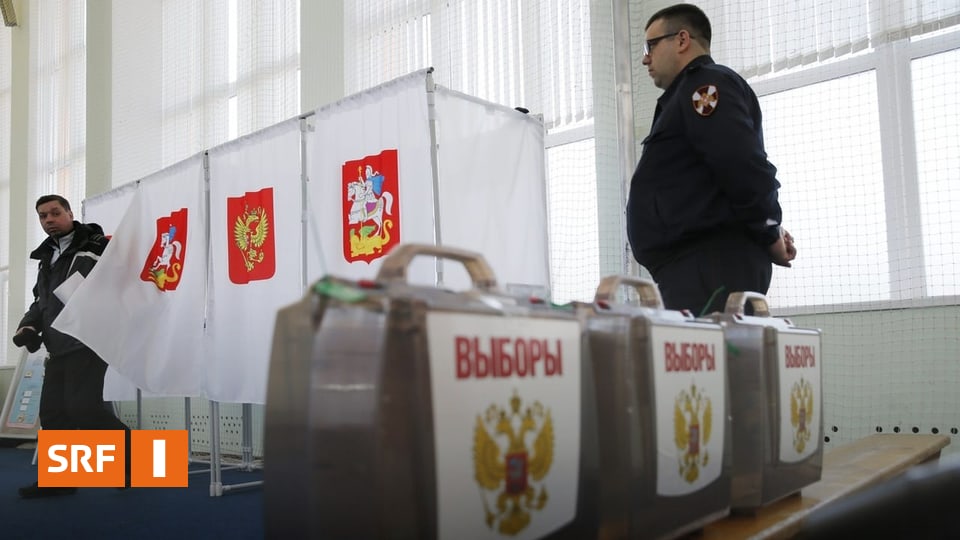Elections That Are Not Really Elections: Presidential Elections in Russia. The Russian people will decide the country's future from March 15-17. The most likely candidate – and in fact the new Russian president – is current President Vladimir Putin. Russian correspondent Calum McKenzie explains how the Kremlin is deliberately manipulating elections to suit its interests.
Experts talk about sham elections. How does this work?
From March 15 to 17, 2024, more than 112 million people in Russia were invited to vote. This includes several million people on Ukrainian territory that were annexed in violation of international law. Those entitled to vote directly “elect” the president. If no candidate receives more than 50% of the votes in the first round, there will be a second round.
But one can also assume that these presidential elections will not be free and fair because there will be no field monitoring by independent international election observers.
How is voting done?
Those eligible to vote can go to the polls during the three days, or vote online for the first time in the presidential elections. This online voting is particularly vulnerable to manipulation. It was already possible to vote online in local elections in Moscow, but there were some unreliable results.
But it is also possible to manipulate voting at the ballot box: in the past, people sometimes voted twice.
Do the people believe the election results?
It is not that the Russian authorities simply determine a share of the votes and then say that Putin won. People may notice it because it doesn't match their perception. That is why the authorities want the real result to correspond as closely as possible to what the population imagines.
How does the Kremlin influence elections?
The Kremlin also controls the media landscape and provides constant reports on Putin. State employees and employees of state enterprises are “encouraged” to vote for Putin. Events and exhibitions are held to further convince people of Putin. But perhaps the most important factor behind talk of a sham election is that there is no real alternative to Putin.
Why is there no opposition?
“Genuine” opposition politicians have been excluded from the elections, have fled abroad or are now dead. Endorsed opposition candidates are likely to constitute a “false opposition.” Their parties are represented in Parliament, but they rarely oppose the government. Their candidates explicitly say they do not want to criticize the president. They are also not serious candidates because they have no acceptance among the people.
What do the different parties in Russia stand for?
Putin's United Russia party primarily promotes the president himself, and in fact exists only as a vehicle for him. Putin promises to develop Russia technologically and defeat Ukraine. The Communists are not really what they used to be: they are a very socially conservative Russian nationalist party. Even the so-called liberal democrats are in fact extreme nationalists. The New People's Party is economically liberal and even calls for “peace negotiations” with the West, but at the same time says Russia should not make any concessions.
SRF Radio 1, Sada Deir Zeit, March 13, 2024, 6:00 pm

“Typical entrepreneur. Lifelong beer expert. Hipster-friendly internet buff. Analyst. Social media enthusiast.”







More Stories
Pinko downplays his responsibility at Cigna
A Nepalese mountain guide climbs Mount Everest for the thirtieth time – News
South China Sea: Disagreement between China and the Philippines – News